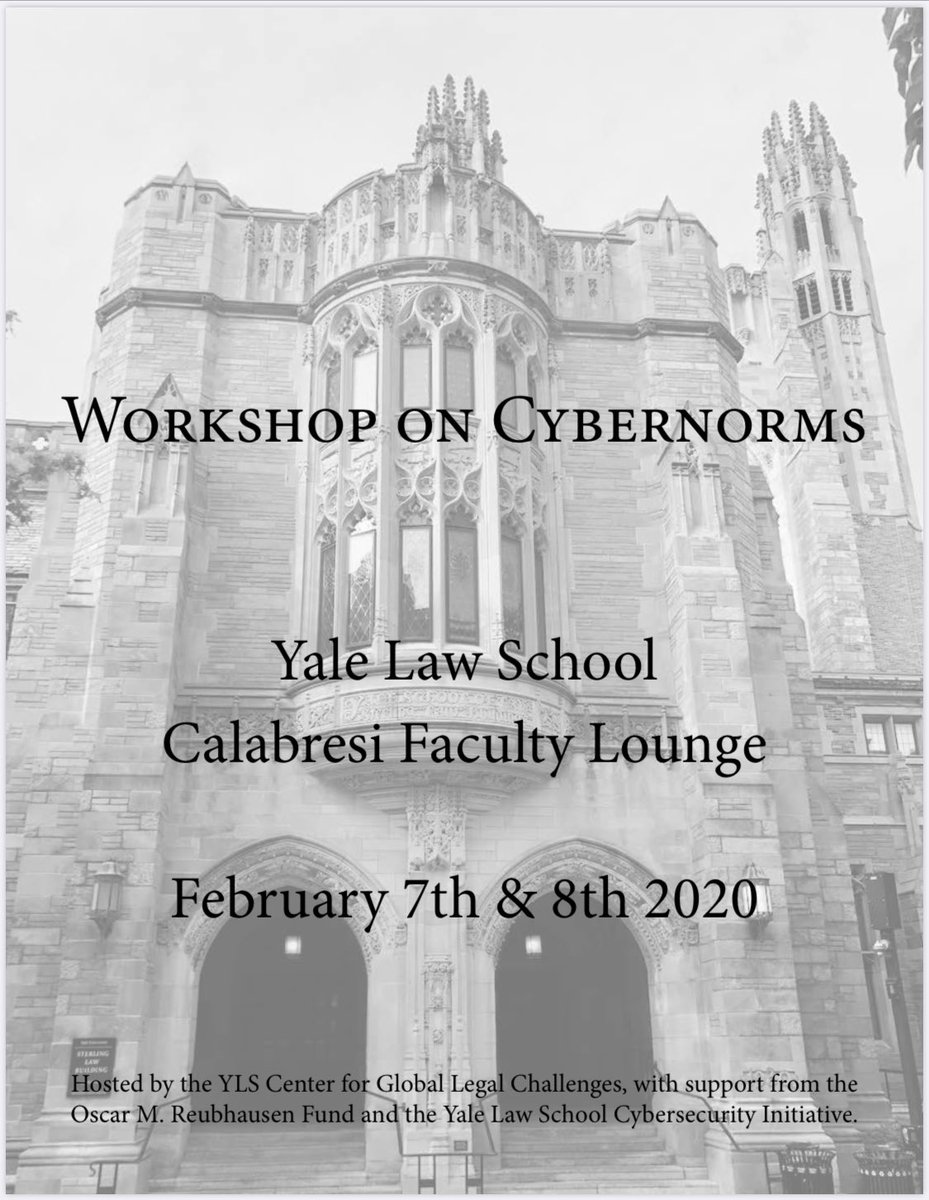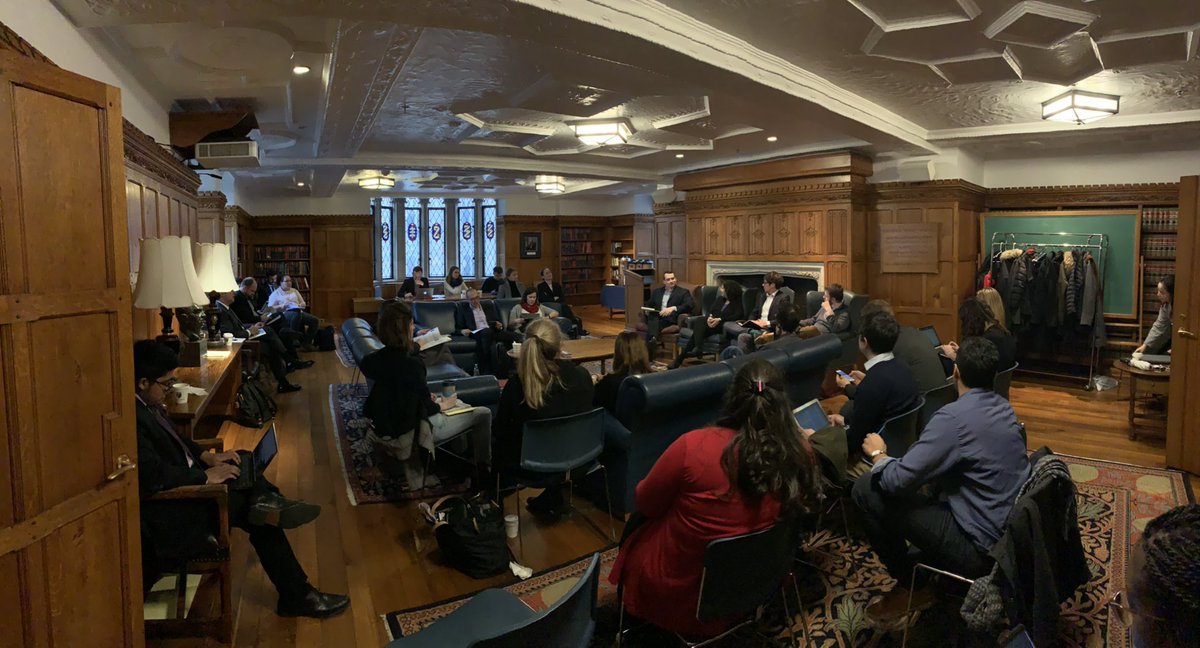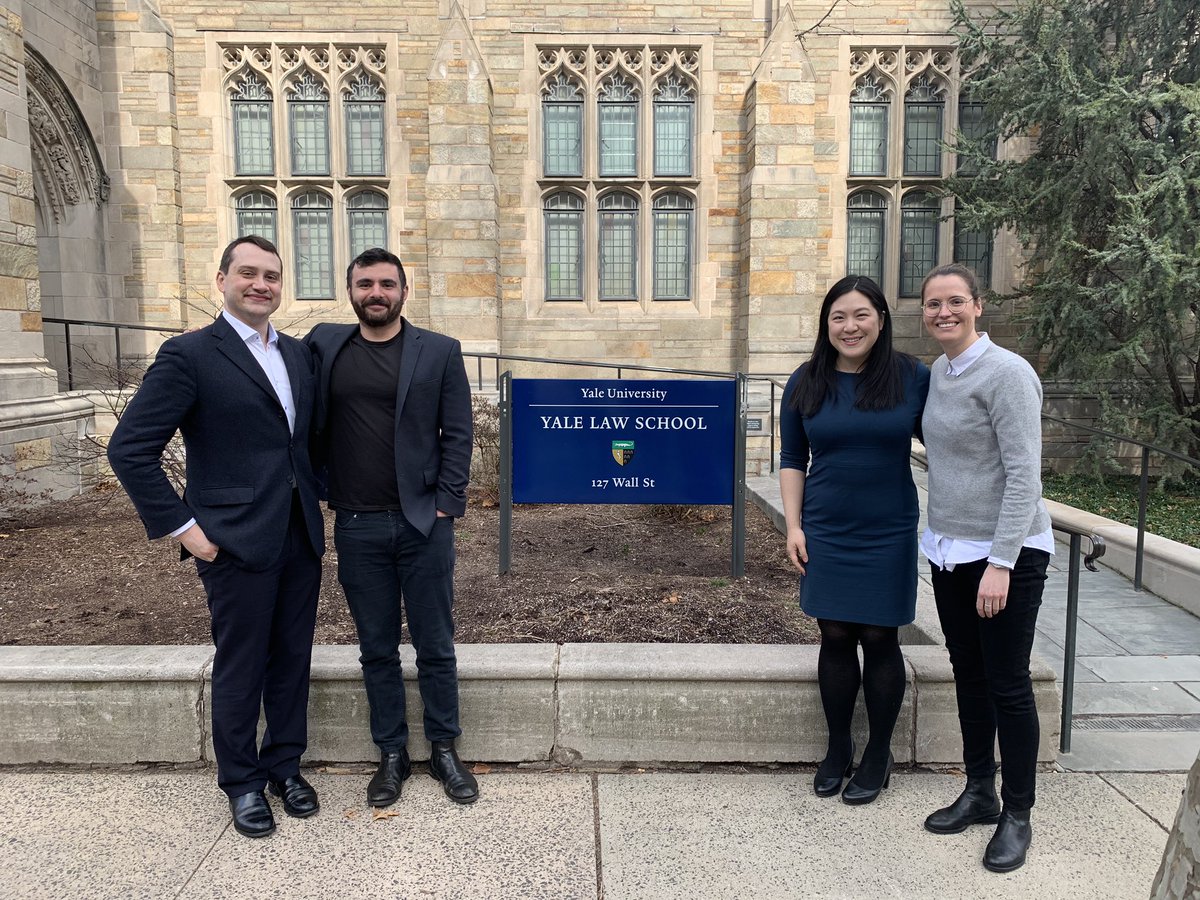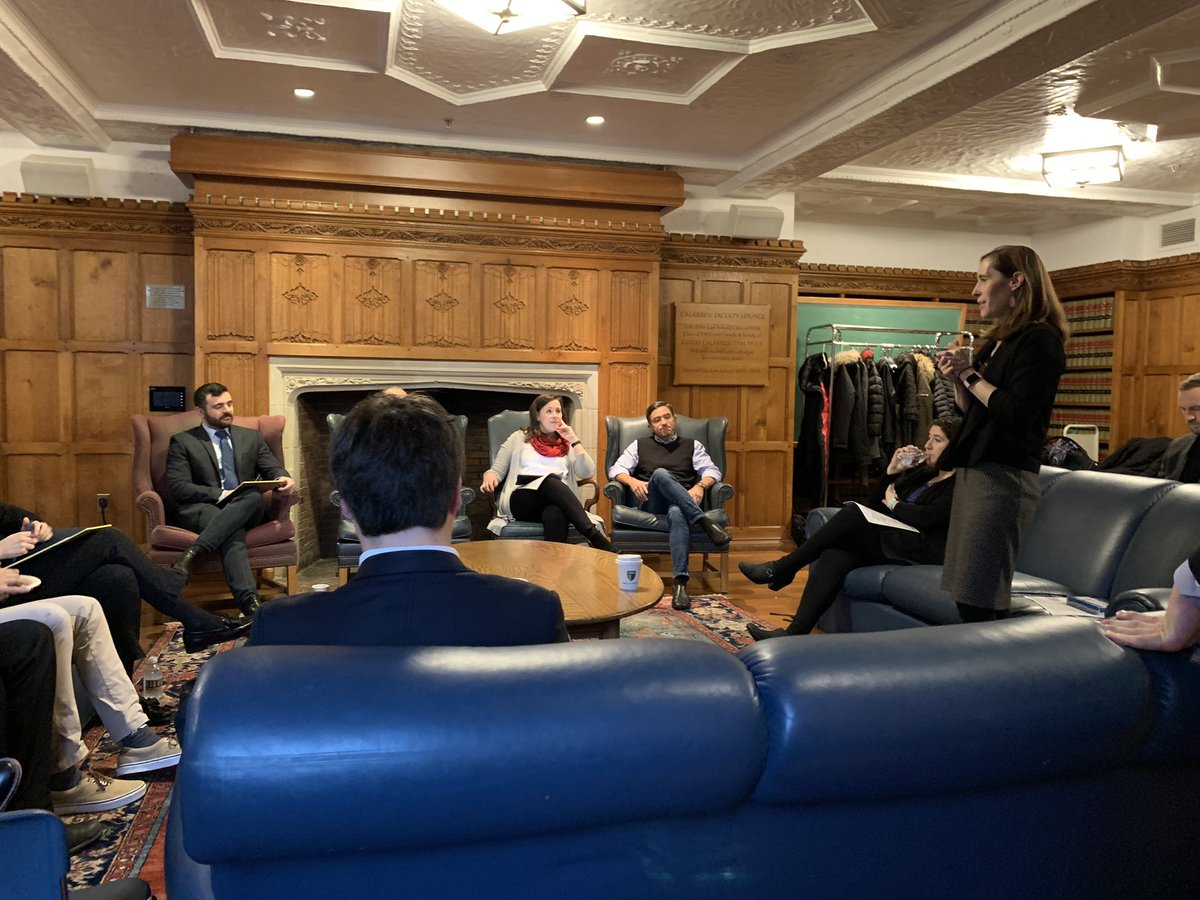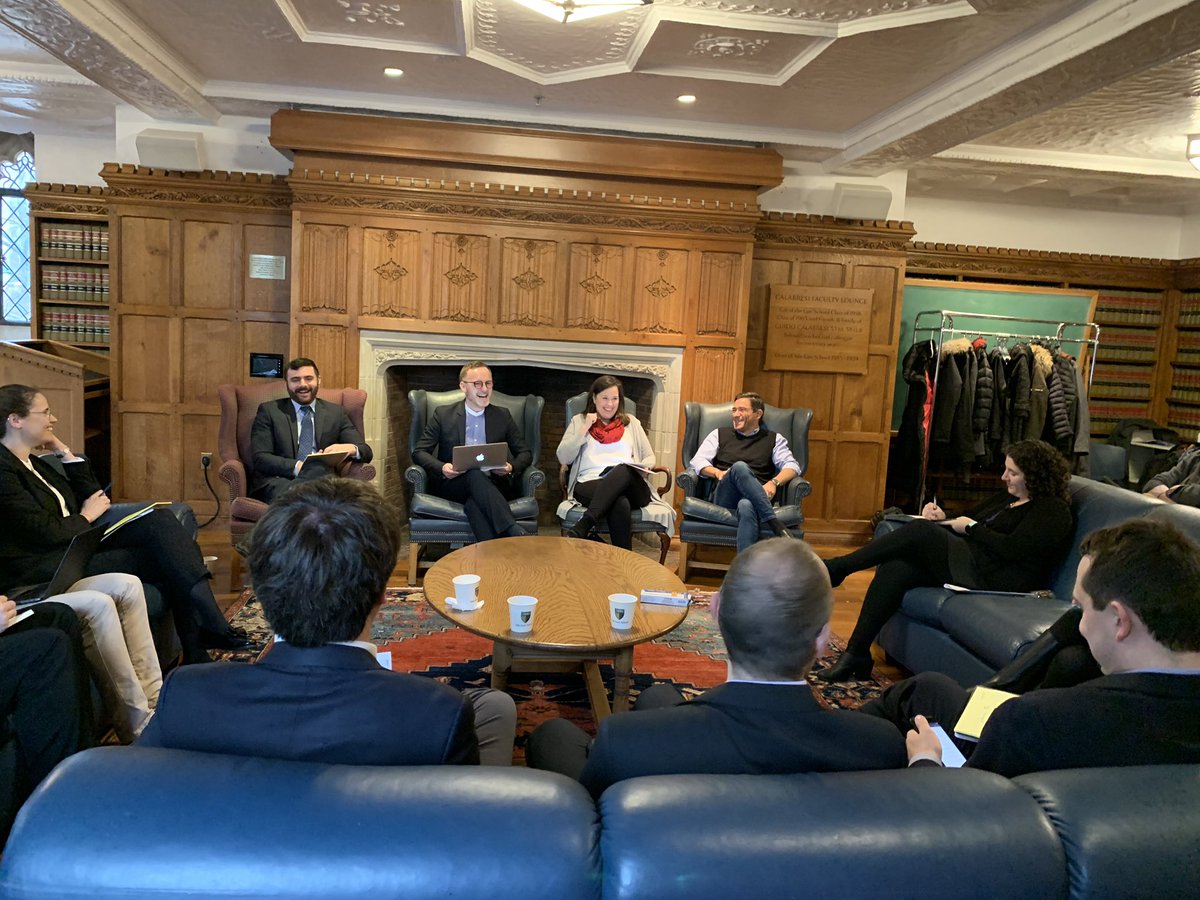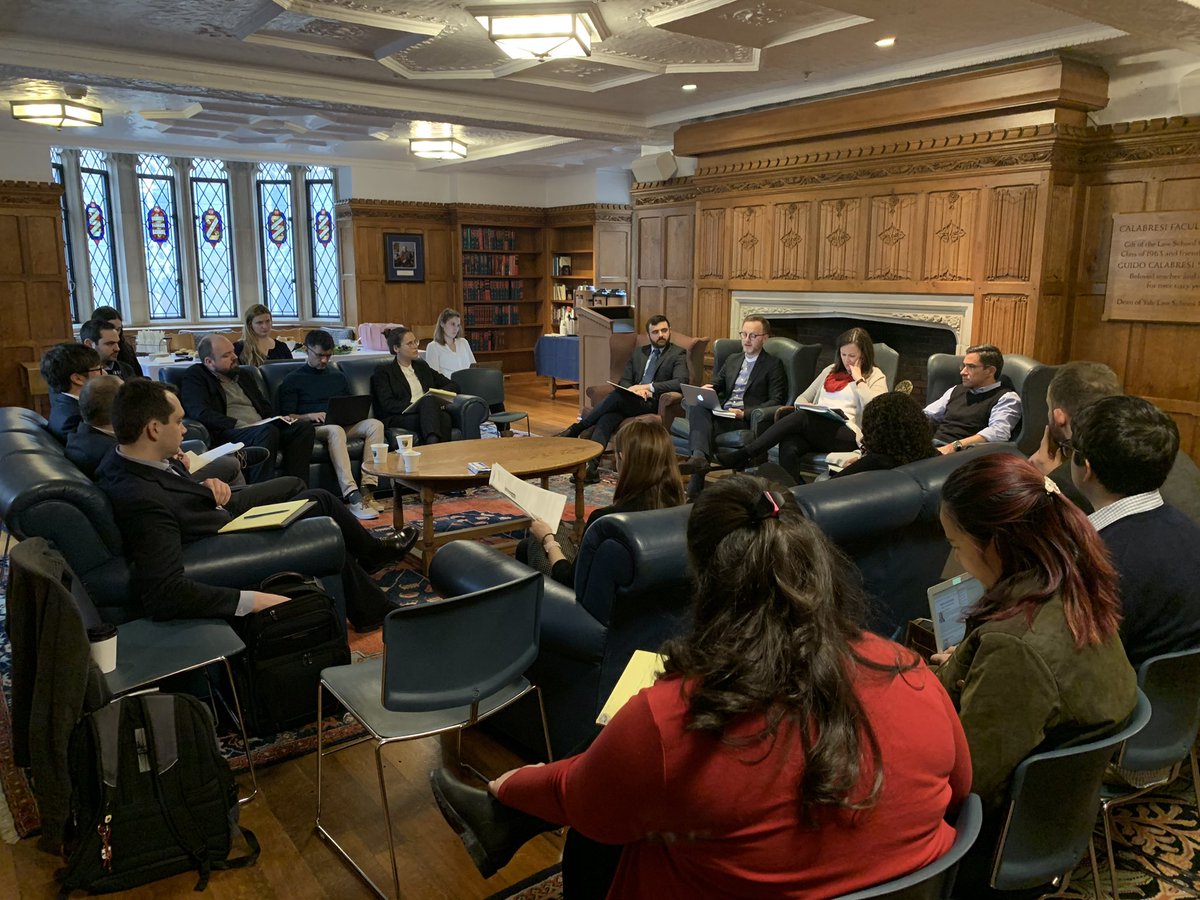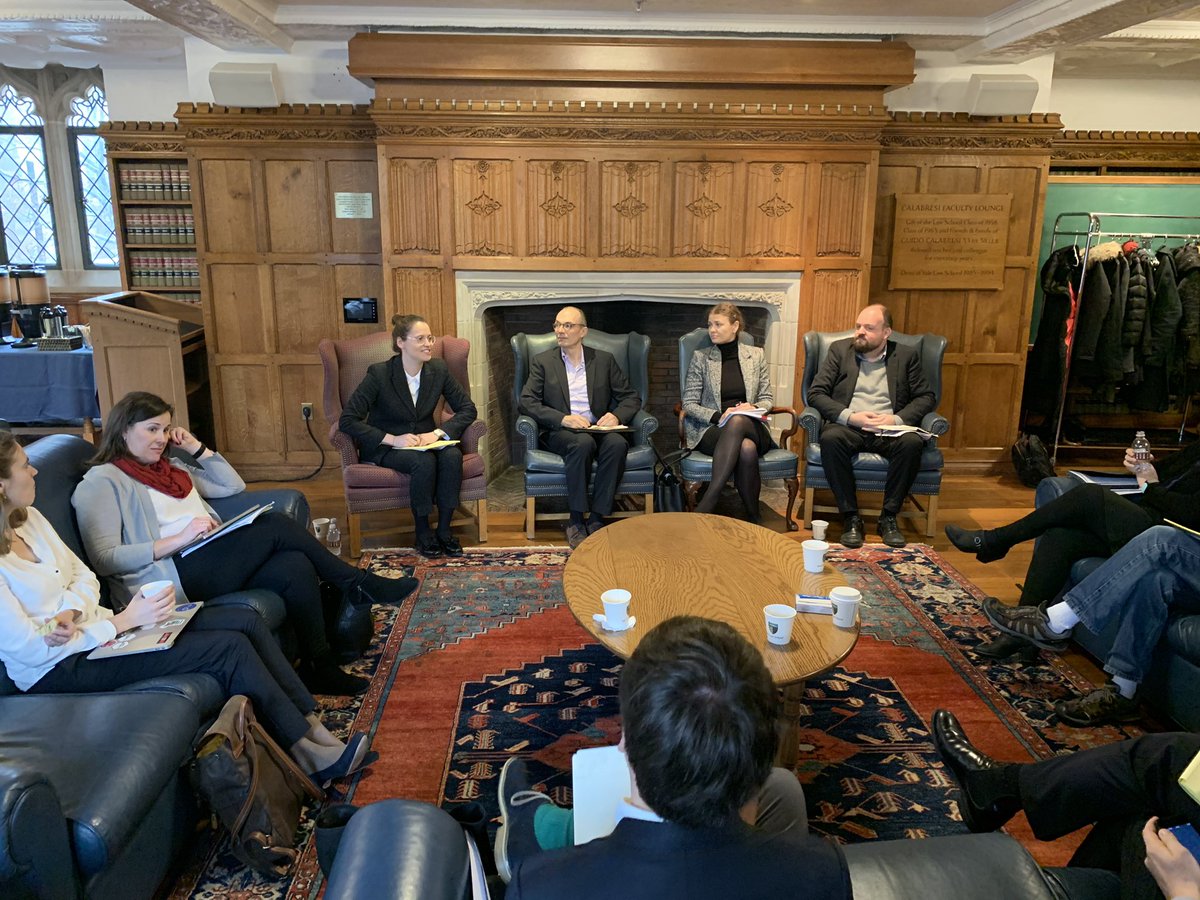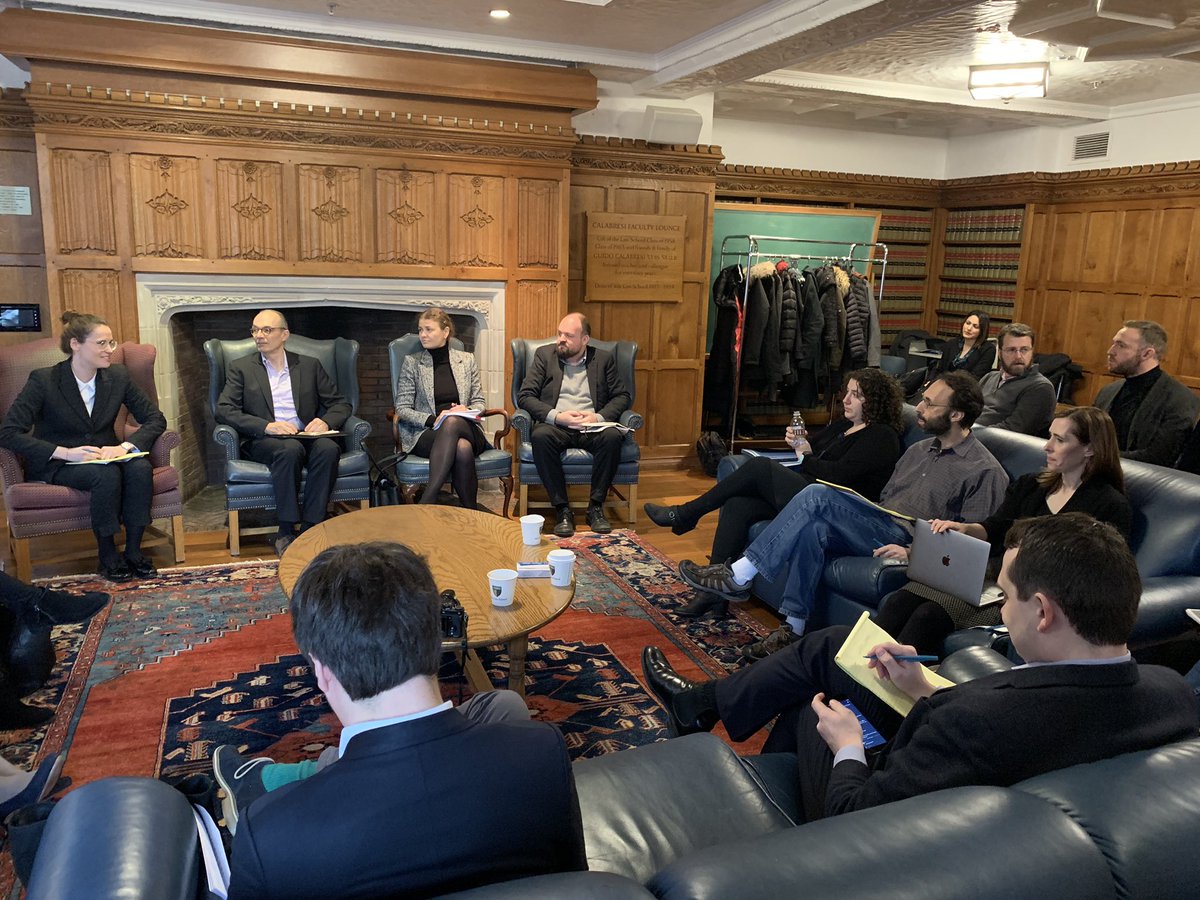
There are thousands of journalists and subject matter experts who are ready and willing to talk about anti-Asian violence and the Asian-American experience. Do better.
https://twitter.com/GoAngelo/status/1373661893424975880
I get it; it’s hard to find people on a short timeline! A few tips:
1. Ask your colleagues and friends for recommendations.
2. Expand your networks in advance of the next big story.
3. Check out groups like @aaja who have resources and networks to help you diversify coverage.
1. Ask your colleagues and friends for recommendations.
2. Expand your networks in advance of the next big story.
3. Check out groups like @aaja who have resources and networks to help you diversify coverage.
https://twitter.com/aaja/status/1321514796827746307
I get that it’s hard to find sources on deadline, and often you end up with multiple outlets scrambling to book the same few voices. And sometimes you try your best, and you still end up with a #manel on gender. Plus, this is work that’s often unappreciated and uncompensated.
On the flip side, I know many scholars and activists who have no idea how to connect to media or pitch themselves as experts, even when they’ve written multiple books or dedicated decades of their lives to a subject. Plus, academia (often) doesn’t incentivize public engagement.
• • •
Missing some Tweet in this thread? You can try to
force a refresh

